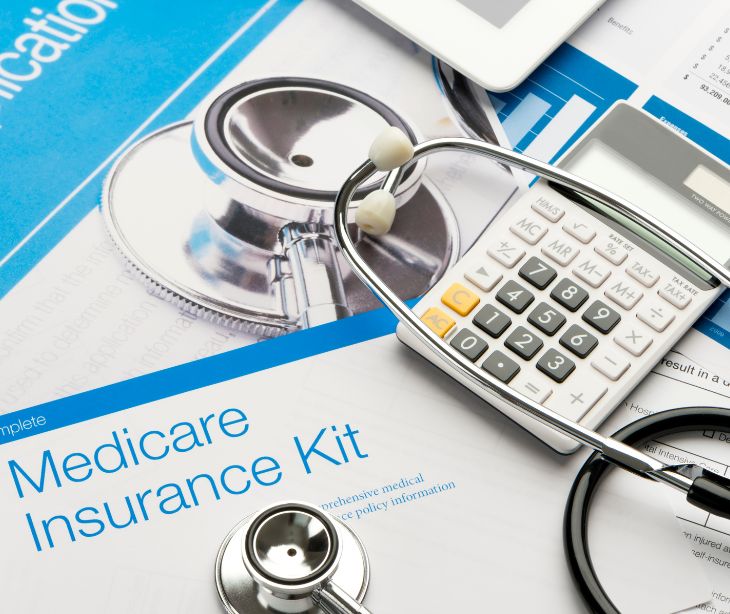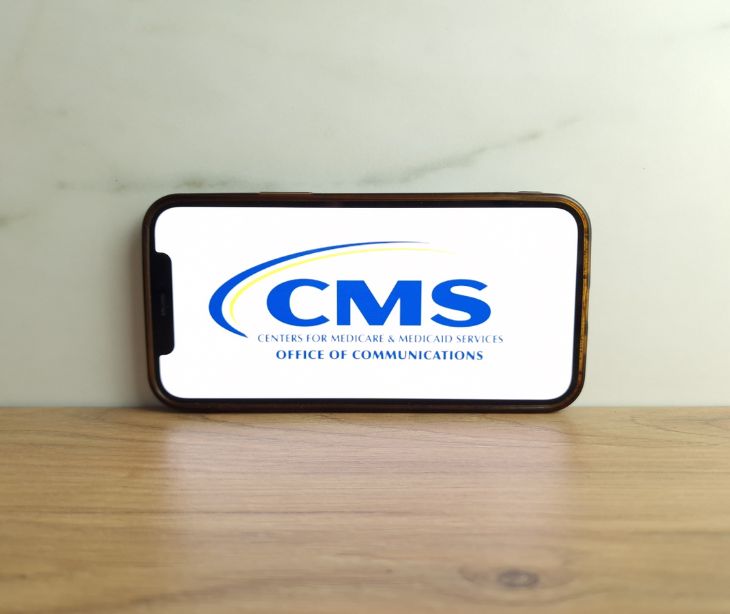3 min read
What does the Centers for Medicare and Medicaid Services (CMS) do?
Farah Amod
March 30, 2024

The Centers for Medicare & Medicaid Services (CMS) is a federal agency responsible for administering major healthcare programs in the United States. As part of the US Department of Health and Human Services (HHS), CMS oversees initiatives such as Medicare, Medicaid, the Children’s Health Insurance Program (CHIP), and the state and federal health insurance marketplaces.
Understanding CMS
Established in 1965 with the signing of the Medicare and Medicaid programs into law by President Lyndon B. Johnson, CMS has evolved to play a significant role in the nation's healthcare landscape. Formerly known as the Health Care Finance Administration (HCFA), the agency was later renamed CMS in July 2001.
CMS's primary goals are to advance health equity, expand coverage, and improve health outcomes. To achieve these objectives, CMS collects and analyzes healthcare data, produces research reports, and works diligently to eliminate fraud and abuse within the healthcare system. Additionally, CMS oversees quality in clinical laboratories and long-term care facilities and provides oversight of the health insurance exchanges.
Related: CMS responds to third-party data breach
CMS programs
CMS administers several critical healthcare programs, each serving specific populations and needs:
Medicare
Medicare is a taxpayer-funded program primarily designed to provide health coverage for individuals aged 65 and older. Individuals must have worked and paid into the system to qualify for Medicare through payroll taxes. Medicare also extends coverage to people with recognized disabilities and specific end-stage diseases as confirmed by the Social Security Administration (SSA).
Medicaid
Medicaid is a government-sponsored program providing healthcare coverage to low-income individuals. It operates as a joint program, with funding from the federal government and administration at the state level. Medicaid assists patients in paying for various medical expenses, including doctor visits, hospital stays, long-term care costs, and more.
CHIP
The Children's Health Insurance Program (CHIP) offers healthcare coverage to children under the age of 19 whose parents earn too much to qualify for Medicaid but are unable to afford regular health insurance. Each state runs its own variation of the program, often with different names and eligibility requirements.
CMS's role in healthcare marketplaces
CMS also plays a central role in the federal and state health insurance marketplaces, assisting with implementing laws and provisions related to private health insurance. Through its Center for Consumer Information & Insurance Oversight, CMS provides educational materials to the public and ensures compliance with the Affordable Care Act (ACA).
Furthermore, CMS oversees the quality of clinical laboratories and long-term care facilities, ensuring that healthcare providers meet established standards and deliver safe and effective care. CMS helps individuals and families access affordable health insurance options by providing oversight of the health insurance exchanges.
See also: HIPAA Compliant Email: The Definitive Guide
In the news
On February 8, 2024, the Centers for Medicare and Medicaid Services (CMS) issued a new memorandum, QSO-24-05-Hospital/CAH, officially updating the policy on texting patient information and orders within hospitals and Critical Access Hospitals (CAHs).
Recognizing advancements in secure texting technology and the integration capabilities with electronic health records (EHRs), the CMS has now authorized the use of HIPAA compliant secure texting platforms (STP) for both patient information and orders, provided they comply with the Conditions of Participation (CoPs).
This policy change reflects CMS's commitment to keeping pace with technological advancements and ensuring that healthcare providers have the necessary tools to communicate effectively while maintaining patient privacy and confidentiality.
Read more: CMS updates policy on texting patient information
FAQs
What does CMS do to ensure quality and integrity within the healthcare system?
CMS collects and analyzes data, produces research reports, and works to eliminate instances of fraud and abuse within the healthcare system. It also oversees the implementation of Administrative Simplification Standards to ensure the adoption of national electronic healthcare records, patient privacy and security, and enforcement of HIPAA rules.
How does CMS contribute to advancing health equity and improving health outcomes?
CMS is dedicated to advancing health equity, expanding coverage, and improving health outcomes. It seeks to strengthen and modernize the nation’s healthcare system, provide access to high-quality care, and improve health at lower costs.
How does CMS protect patient rights and privacy?
CMS enforces regulations related to patient rights and privacy, including those outlined in the Health Insurance Portability and Accountability Act (HIPAA). The agency works to safeguard patient information and ensure the confidentiality of medical records.
What resources does CMS offer for healthcare providers?
CMS provides resources, guidelines, and educational materials for healthcare providers to help them understand and comply with Medicare and Medicaid regulations, billing requirements, quality reporting initiatives, and other program guidelines.
Subscribe to Paubox Weekly
Every Friday we bring you the most important news from Paubox. Our aim is to make you smarter, faster.




